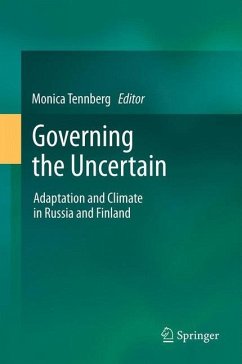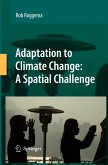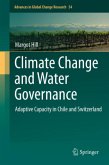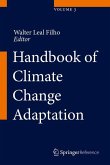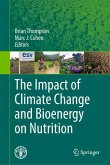The book provides a detailed analysis of the development of adaptive governance in Russia and Finland. It presents a case study from the Sakha Republic in Russia that focuses on community's participation in the process of governing of the flood events in the Tatta River area. Local adaptive practices are analyzed in relation to federal and regional responses that may mandate, encourage or collide with community's agency. A second case study is centered on the Finnish community of Kuttura, Ivalo. It explores the mounting challenges presented by changing environmental conditions to traditional reindeer herding, as well as the efforts made to cope with these new factors. Combining anthropological research and political science, this penetrating work offers revealing scrutiny of governmental responses to one of the most urgent issues facing both politicians and the citizens who live in their domains.
From the reviews:
"The research in this book comprises a comprehensive study of the development of adaptation governance in Russia and in Finland ... . The book is well written and its structure is quite clear. It is topical and timely, as it presents an important issue of regional concern - adaptation governance for climate change. It is a valuable contribution, particularly in light of the fact that research on adaptation lags behind climate impact assessment by almost a decade ... ." (Polar Record, January, 2014)
"The research in this book comprises a comprehensive study of the development of adaptation governance in Russia and in Finland ... . The book is well written and its structure is quite clear. It is topical and timely, as it presents an important issue of regional concern - adaptation governance for climate change. It is a valuable contribution, particularly in light of the fact that research on adaptation lags behind climate impact assessment by almost a decade ... ." (Polar Record, January, 2014)

